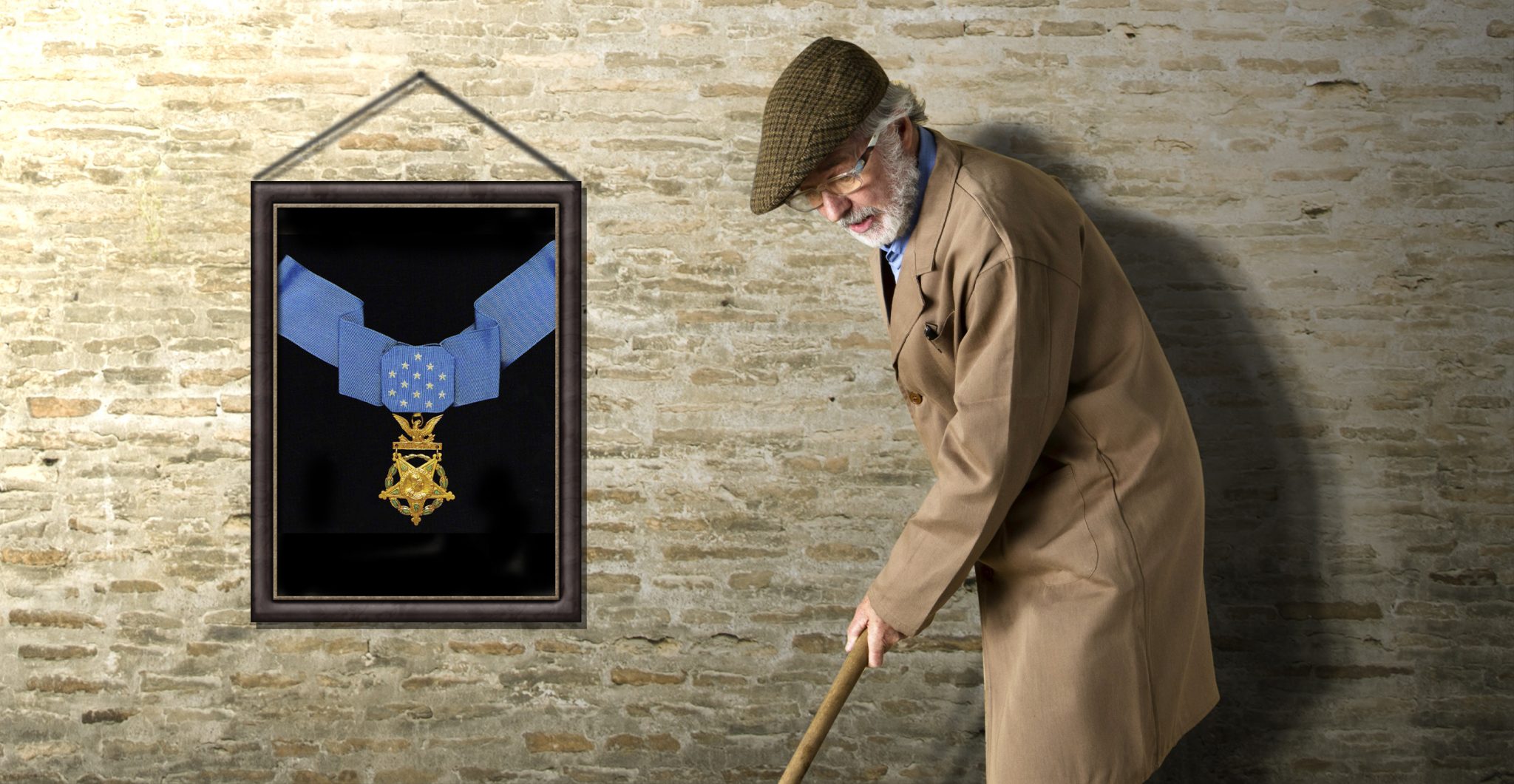Some men’s greatness is not immediately apparent to observers, and that was certainly true of William Crawford. The quiet, seemingly unremarkable man worked as a janitor at the Air Force Academy in Colorado Springs, Colorado in the 1970s.
The young cadets who rushed past him each day, full of eagerness and bravado, had no idea that a Medal of Honor recipient was among them. Crawford preferred to keep his experiences in World War II to himself.
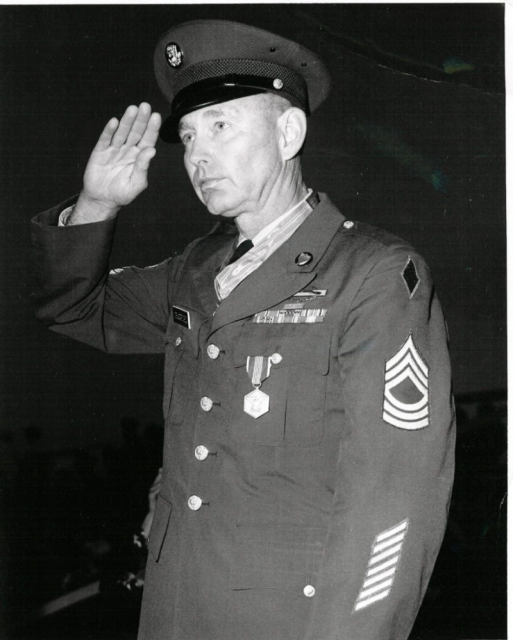
But in fact, he had seen more action in the European theater of operations than most of those young people ever would. It was his actions in 1943 that brought Crawford such spectacular acclaim, even as he wasted away in a German prisoner of war (POW) camp.
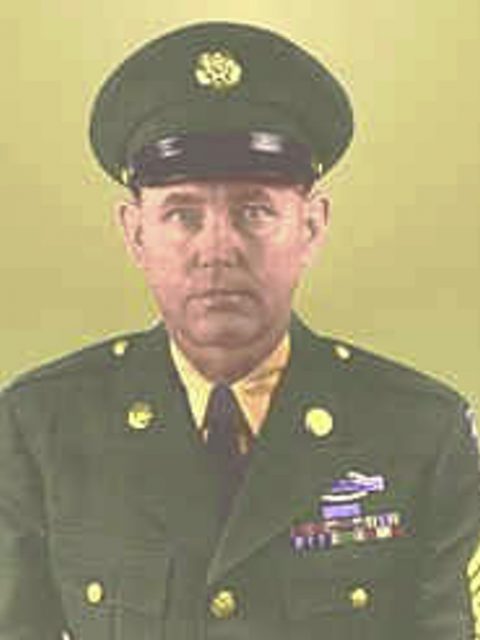
One day in September 1943 in Italy, Private Crawford was with his platoon, the 36th Infantry Division of the US Army, when orders came for them to seize a hill near Altavilla Silentina. It was not an easy task, as his company was hemmed in and fired upon whenever they tried to move.
On impulse, Crawford decided to act. He inched his way forward, belly to ground, and once close enough he tossed a grenade squarely at three German soldiers trying desperately to keep the hill. His comrades then followed, inching their way up to meet Crawford.
Again, Crawford crawled forward, and took out another enemy machine gun nest with a direct grenade hit. After his comrades caught up, he repeated the process yet again with another group of Germans huddled around a machine gun.
The remaining Germans ran off, and the Americans captured the hill. Crawford had eliminated three enemy positions almost by himself.
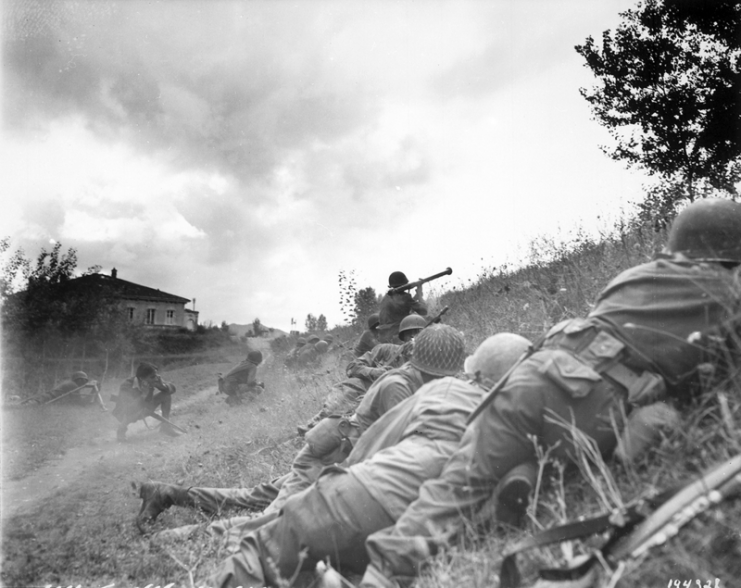
But not all went smoothly afterwards. In the heat and confusion of battle, his fellow soldiers thought Crawford had been killed. They told their superiors of his brave deeds, and he was posthumously awarded the Medal of Honor.
It wasn’t until all the POW camps were liberated that the Army discovered Crawford was still alive–and that he obviously had no clue that he had received this prestigious honor. His father had accepted his medal at the formal ceremony, believing his son had been killed.
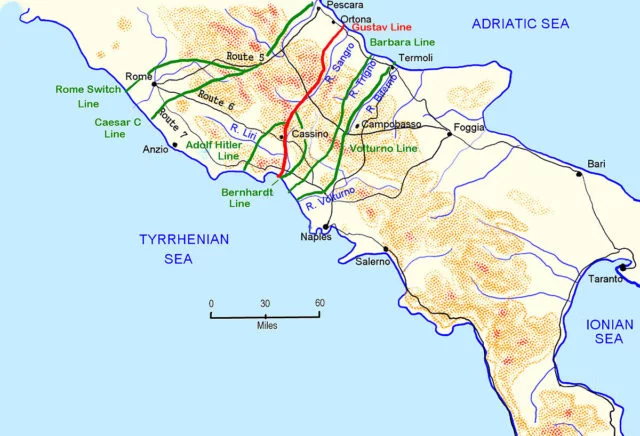
In spite of these events, or perhaps because of them, Crawford stayed in the Army until 1967, when he retired with the rank of Master Sergeant.
Not surprisingly, retirement did not suit this soldier. So he took the job as a janitor at the Academy in Colorado Springs. And there he worked, anonymously, until one day in 1976 a young cadet began reading a book about the Allied invasion of Europe.
He was dumbfounded when he read Crawford’s name, and quickly told his classmates who the man who cleaned their quarters really was.
It took some coaxing, but Crawford finally told his awestruck audience about his actions during the war. When he mused that he didn’t get to attend his Medal of Honor ceremony because he was in a POW camp, the faculty and student body were inspired to find a way to correct the oversight.
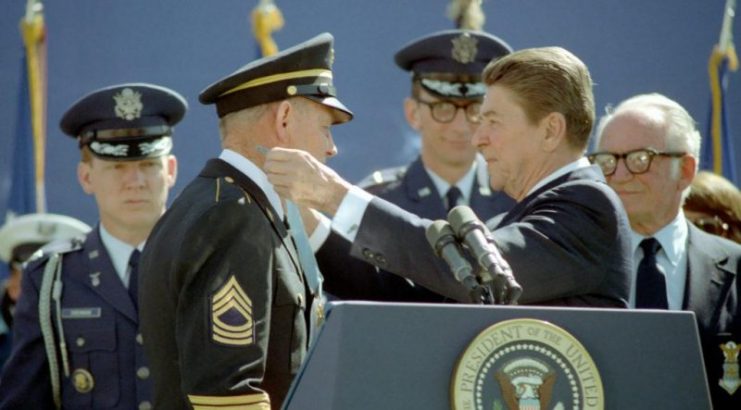
On graduation day in 1984, President Ronald Reagan came to address the student body. The Academy had arranged for Crawford to finally get the recognition he so richly deserved. The brave soldier got his commendation from the President of the United States in person, decades after he was first awarded the medal.
William Crawford passed away in 2000, at 81 years old, at his home. He is the only enlisted person from the US Army to be buried, with full honors, at the U.S. Air Force Academy Cemetery in Colorado.
Read another story from us: From Hero to Zero – Man Awarded Medal of Honor then Demoted
His honors came late, but honors aren’t what William Crawford was about. He was a patriot, a man who served his country tirelessly, bravely, and for a long time in anonymity.
But the students in Colorado changed that once they recognized the hero in their midst. And when the time came, they gave him the final resting place of a hero, too.
